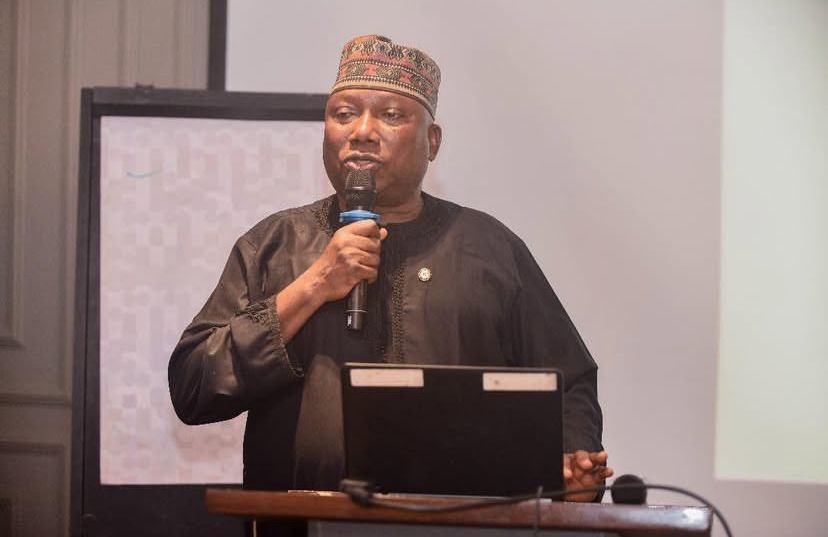
Coins in a glass jar. Pension
The National Pension Commission (PenCom) has reiterated its commitment to protecting the retirement security of Nigerian workers through a transparent and sustainable pension system that guarantees dignity after service.
Speaking on Wednesday in Abuja at a workshop on the workings of the Contributory Pension Scheme (CPS) for employees and pension desk officers, the Director-General of PenCom, Mrs. Omolola Oloworaran, said the scheme had restored confidence and accountability in the country’s pension administration.
The event was jointly organised by PenCom and the National Salaries, Incomes and Wages Commission (NSIWC).
Represented by the Director of the Contribution and Bond Redemption Department, Mr. Usman Musa, Oloworaran said that over the past two decades, the CPS had transformed Nigeria’s pension landscape from one plagued by unpaid entitlements to a model founded on transparency and inclusiveness.
“Today, more than 10 million Nigerians across the public and private sectors, including artisans and the self-employed under the Personal Pension Plan, are covered under the CPS,” she said.
According to her, pension assets have grown to over ₦25 trillion, providing reliable monthly pensions for 552,000 retirees and lump-sum benefits for 291,735 others — totalling more than 844,000 beneficiaries across both sectors.
She said PenCom had introduced several reforms under its Pension Revolution 2.0 initiative to strengthen contributors’ protection and improve retirees’ welfare. Working with the Office of the Head of the Civil Service of the Federation, the commission has also developed a framework to reintroduce gratuity for civil servants in line with the Pension Reform Act (PRA) 2014.
Oloworaran commended President Bola Tinubu for approving the issuance of ₦758 billion in Federal Government bonds to clear long-standing pension liabilities and accrued increases dating back to 2007.
“This bold step by President Tinubu deserves commendation. It will bring much-needed relief to vulnerable pensioners and restore confidence in our system,” she said.
She added that PenCom had strengthened the industry by revising the minimum capital and governance requirements for Pension Fund Administrators (PFAs) and Custodians to improve service delivery and financial stability.
The commission has also issued five new regulations, including whistleblowing guidelines, revised investment rules, and a framework for accrediting pension agents under the Personal Pension Plan.
In his remarks, NSIWC Chairman, Mr. Ekpo Nta, said pension was a key instrument for promoting workers’ welfare by providing financial stability for retirees and reducing poverty in old age.
Represented by the Head of Compensation at the NSIWC, Mr. Akin Abe, Nta traced the evolution of Nigeria’s pension system from the 1951 Pension Ordinance, which established the Defined Benefit Scheme (DBS), to the 2004 transition to the Contributory Pension Scheme (CPS) due to sustainability challenges.
“The CPS is fully funded, privately managed, and based on individual accounts for both public and private sector employees,” he said.
He commended the current administration for implementing reforms to strengthen pension governance, improve service delivery, and ensure prompt payment of retirement benefits.










